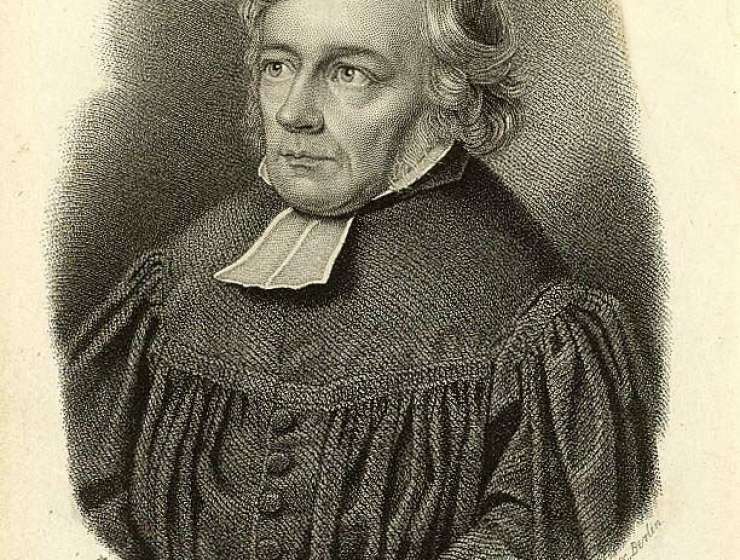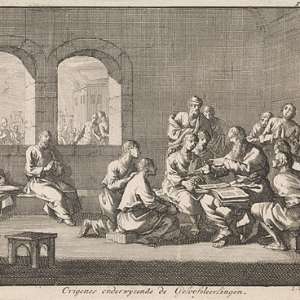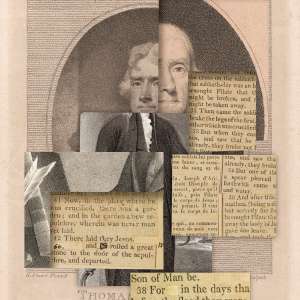
For some two hundred years now, Friedrich Daniel Ernst Schleiermacher (1768–1834) has been the subject of intense interest and heated debate among Christian theologians. As the author of a seminal work in the theory of religionFriedrich Schleiermacher, On Religion: Speeches to its Cultured Despisers (trans. Richard Crouter; Cambridge: Cambridge University Press, 1988). as well as a treatise in Christian doctrine that ranks second to none for its originality, methodological self-consciousness, and systematic stringency, Friedrich Schleiermacher, The Christian Faith (trans. H. R. MacIntosh and J. S. Stewart; Edinburgh: T&T Clark, 1928).
In 1839 Johannes von Kuhn of the Catholic Tübingen school rightly observed that “among all the theologians of later and contemporary times, only Schleiermacher can be compared to [Thomas Aquinas] so far as scientific force and power are concerned.” Cited in Robert Stalder, Grundlinien der Theologie Schleiermachers: I. Zur Fundamentaltheologie (Veröffentlichungen des Instituts für europäische Geschichte Mainz 53; Wiesbaden: F. Steiner, 1969) ix. Schleiermacher's significance in the history of modern theology is secure. By his liberal Protestant sympathizers he has been hailed as the “Reformer of theology,” the pioneer of a style of theologizing that is as peculiarly suited to the distinctively Protestant understanding of faith as it is capable of meeting the intellectual demands of the modern world.










































